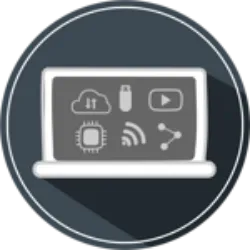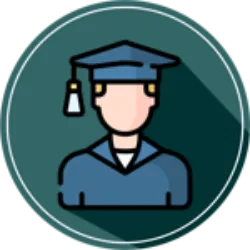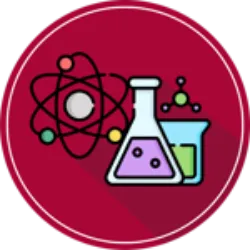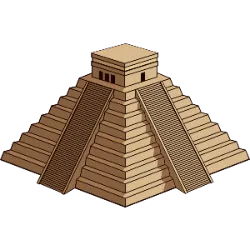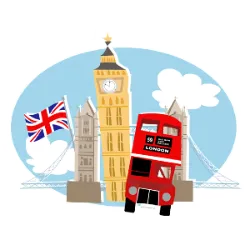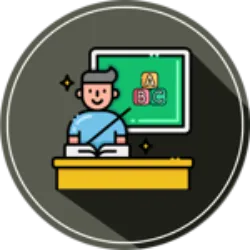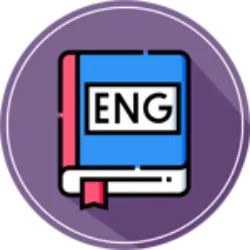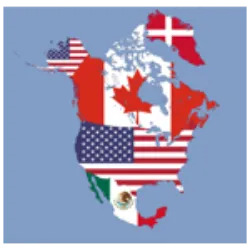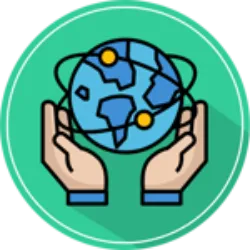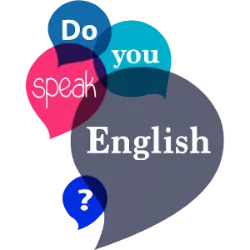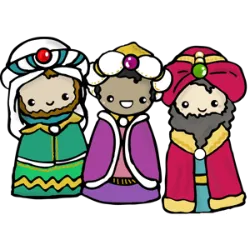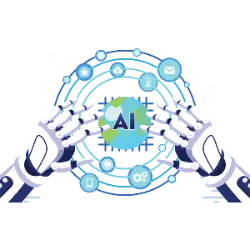Promises to Revolutionize or Dice Processing
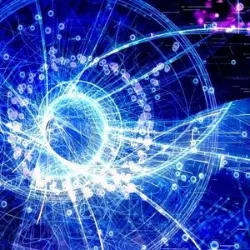
Quantum computing is gaining prominence as one of the most promising technologies for the future, with the potential to transform the way we process information. Different from classical computing, which uses traditional bits, quantum computing works with qubits, dice units that can represent multiple states simultaneously, thanks to the principle of quantum superposition. Isso allows complex problems to be solved in seconds, something impossible for traditional computers.
Embora now in its initial stages, specialists believe that quantum computing will have a profound impact in areas such as cryptography, offering more robust security systems, and simulation of materials, allowing the development of new products and medicines. Além disso, it can accelerate scientific research or process large volumes of data more efficiently.
Technology giants such as Google and IBM are already investing heavily in quantum research, with the aim of overcoming technical challenges such as stabilizing two qubits. However, it still has a long way to go before quantum computing becomes accessible for general use. If it happens, this technology can redefine computing, creating unprecedented advances in science, medicine and industry.
5G: The Connectivity Revolution
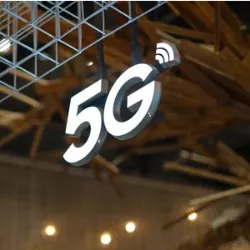
The implementation of 5G is accelerating the evolution of global connectivity. With much faster internet speeds and greater network capacity, 5G not only improves browsing but also boosts the Internet of Things (IoT), connecting devices more efficiently and intelligently.
Applications of 5G in Daily Life
Smart Cities
Integration of transportation systems, infrastructure, and public services
Optimization of quality of life and urban mobility
Autonomous Vehicles
Real-time communication between cars
Increased safety and efficiency in traffic
Connected Devices
Smart appliances
Health and safety technologies
A more interconnected and intelligent ecosystem
Challenges and Outlook
Despite its potential, the expansion of 5G faces challenges such as:
- Building adequate infrastructure
- Regulations and public policies
Even so, 5G is expected to radically transform industries and everyday life in the coming years.
Test yourself with one of these challenges 👇
Discover some interesting facts about Technology
Revolutionize Creative and Technological Sectors
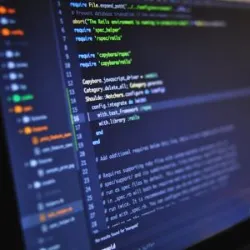
Generative Artificial Intelligence (AI) is emerging as one of the most transformative innovations in technology, impacting various sectors, including health, finance, entertainment and marketing. Using deep learning algorithms, generative AI is capable of creating original content such as texts, images, music and videos, expanding the frontiers of human creativity.
In fact, AI is accelerating the discovery of new medications and improving diagnoses. In the entertainment sector, artists are exploring technology to compose music and create characters in video games. No longer in the financial market, AI helps in the analysis of data and in the creation of market forecasts.
Tools such as GPT-4, from OpenAI, and DALL·E, which generates images from text descriptions, are being widely used to create personalized and innovative content. However, the growth of technology also raises questions about ethics, authorship and the responsible use of content generated by AI.
With its growing impact, generative AI is shaping the future of creativity and innovation, promising to revolutionize the way we interact with non-everyday technology.
Blockchain Vai Além das Cryptomoedas

Blockchain started with cryptocurrencies like Bitcoin, but today it is expanding into various sectors. Its main advantage is providing transparency and security in digital transactions, creating an immutable and decentralized record of information.
Main Applications of Blockchain
Supply Chains
- Ensures tracking and transparency
- Secure monitoring of every step in production and distribution
Smart Contracts
- Automated agreements executed when specific conditions are met
- Reduces intermediaries and costs
Identity Authentication
- Secure and decentralized verification of digital identity
- Protects personal data and prevents fraud
Impact of Blockchain
With its ability to increase trust and reduce costs, blockchain is consolidating as a disruptive technology.
It promises to transform sectors such as:
- Healthcare
- Finance
- Logistics
- And many more
Blockchain makes digital transactions more efficient and secure, paving the way for a more connected world.
Firefox is an open source web browser

Firefox is an open source web browser, developed by the Mozilla Foundation and its community of volunteers. It has the second largest user base among the most used web browsers, behind only Google Chrome. Firefox offers advanced features like tracking protection, privacy controls, enhanced security, and support for extensions and themes. Users can also customize the browser's interface by changing colors, icons, and themes. Firefox also includes features such as syncing with other devices, screensaver, media downloader, safe browsing and search assistant. The first Mozilla logo, after the demise of Netscape, was a phoenix reborn from its flames. When they had to change their name, they opted for an animal that was not well known on the web at the time. It was a red panda. Unfortunately, people thought that the animal in the Mozilla Firefox logo was a fox.
The World Wide Web designates a system of hypermedia (or hypermedia)

The World Wide Web designates a system of hypermedia (or hypermedia) documents that are interconnected and executed on the Internet. A NeXTcube computer was used by Berners-Lee as the first web server and also to write the first browser, WorldWideWeb, in 1990. On August 6, 1991, he posted a summary to the alt.hypertext newsgroup. This date marks the debut of the web as a published service on the Internet.
Twitter (initially called Twttr

Twitter (initially called Twttr: "twitter") is a social networking and microblogging service that allows users to send and receive personal updates from other contacts (in texts of up to 280 characters, known as tweets), through the Twitter website. service, SMS and specific management software. It was created in March 2006 by Jack Dorsey, Evan Williams and Biz Stone, in the United States, while working for a company called Odeo. The first tweet in history was the phrase: just setting up my twittr(I'm waiting for my twitter) and the post was recently sold as NFT for 2.9 million dollars.
Test yourself with one of these challenges 👇
HOME
